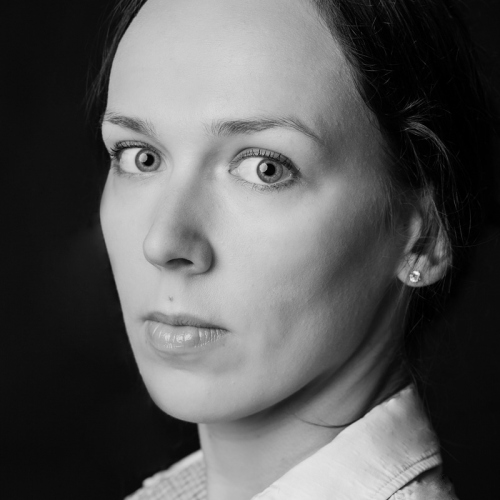Can Artificial Intelligence be the author?
Artificial intelligence (AI) is now capable of producing ever-more complex creations which are becoming increasingly indistinguishable from works made by human beings. Recent news shows that this reality is truly upon us. First, there were the algorithm-created paintings whose complexity and unconventional style were anonymously judged to be superior to human efforts. Then, a novel written by a Japanese AI algorithm made it past the initial selection round for a national literary prize.
The dynamic growth in the AI field is generating new legal challenges in areas of tort and public law. Existing laws were not built to address the issues created by AI’s rapid development. One of the most intriguing and relevant questions is whether AI may be considered an ‘author’ and its creations ‘works’ in the context of copyright laws (including the Polish Copyright Act).
Why does it matter if AI can be the author?
The Act protects the link between the author and his/her work. As a result, if we were to assume that artificial intelligence may not be an author, and that its creations do not constitute ‘works,’ then in light of the Act, these creations are not subject to the Act’s copyright protections. This, in turn, would preclude the existence of any copyrights (including economic copyrights) for any such creation. If we are to assume that for the purposes of the Act, AI may not be an author, we must then determine whether any other person owns the copyrights to the AI’s creations. This potentially includes the AI’s owner or the person who created it. On the other hand, if we assume that neither the owner, creator nor the AI itself may be considered an ‘author’ then no one can claim copyright protection for the AI’s creations. This raises the question of why anyone would develop AI capable of creating paintings or writing novels if these potentially copyright-eligible creations could not generate profits for its owners?
What is the state of Polish law on the subject?
Under the Polish Copyright Act, a “work” is any manifestation of creative activity of individual nature, established in any form, irrespective of its value, purpose or form of expression. This inclusive definition clearly allows for copyright protection for works of questionable artistic value. Therefore, it seems reasonable to conclude that AI creations could be considered “works,” as they are increasingly indistinguishable from paintings or novels created by human beings.
The analysis is less clear in determining who may be the beneficiary of copyright protection. The Act explicitly states that a work’s author must be a “person” – a human being. Thus, under the applicable laws, AI cannot be considered the “author” of a “work.”
There are also no indications that existing law provides for the granting of “author” status to the person who owns or who developed the AI algorithm. However, their link to the AI’s creations is merely indirect - excluding them from being considered the AI’s creations’ authors.
As a result, there is a clear void on the subject in both Polish and foreign law:
- existing laws do not provide for the granting of author status to AI algorithms which produce artistic creations,
- author status also cannot be assigned to any person involved in the creation or development of the relevant AI, nor to the AI’s owner,
- copyright laws, including economic copyrights, do not apply to anything created by artificial intelligence.
Are changes to copyright laws coming?
It is certain that changes to the definition of the concept of “author” would require a revolutionary adjustment of the entire system of copyright law.
Furthermore, this problem affects not only Polish law, as most European and North American jurisdictions also limit author status to human beings.
The European Parliament’s Committee on Legal Affairs concluded that current laws can easily be applied to the field of robotics with some regulative resolutions of existing issues. However, it appears that the Committee’s conclusion is overly optimistic as it does not address several potential legal problems and the subject’s broader economic aspect. Of course, we may reach the consensus that AI may not be an author and all of its creations are not subject to copyright protections. However, this would lead to the assumption that AI systems focused on creating literature or paintings would only be developed for the common good and not under any profit motive. If that is to be the case, there are doubts if any person or entity would be willing to invest in their further development.
What are the alternatives to changes in copyright laws?
For now, it is not clear whether revolutionary changes to the copyright laws’ definition of “author” will take place. This uncertainty has led to a search for alternative means of addressing the issue of AI creations. Blockchain technology provides one potential option for creating a platform for the commercial exchange of creations produced by artificial intelligence. One can image the development of smart contracts which allow for the exchange of tokens for AI creations and the maintenance of their monetary value. This platform would also enable purchasing of AI creations directly from the AI algorithms which produced them as such exchanges would not be affected by the limits of copyright laws discussed above. It appears that the establishment of such a platform is simply a matter time.
Katarzyna Szczudlik
